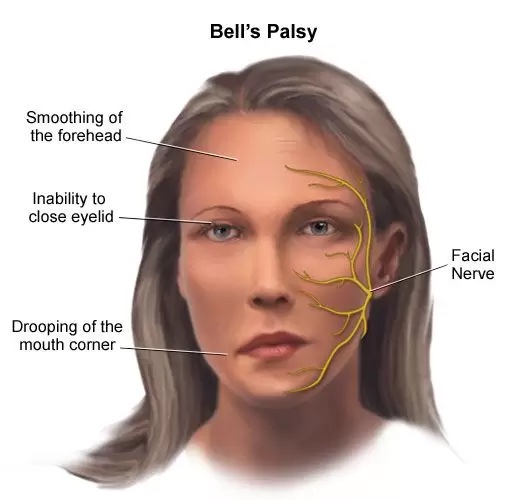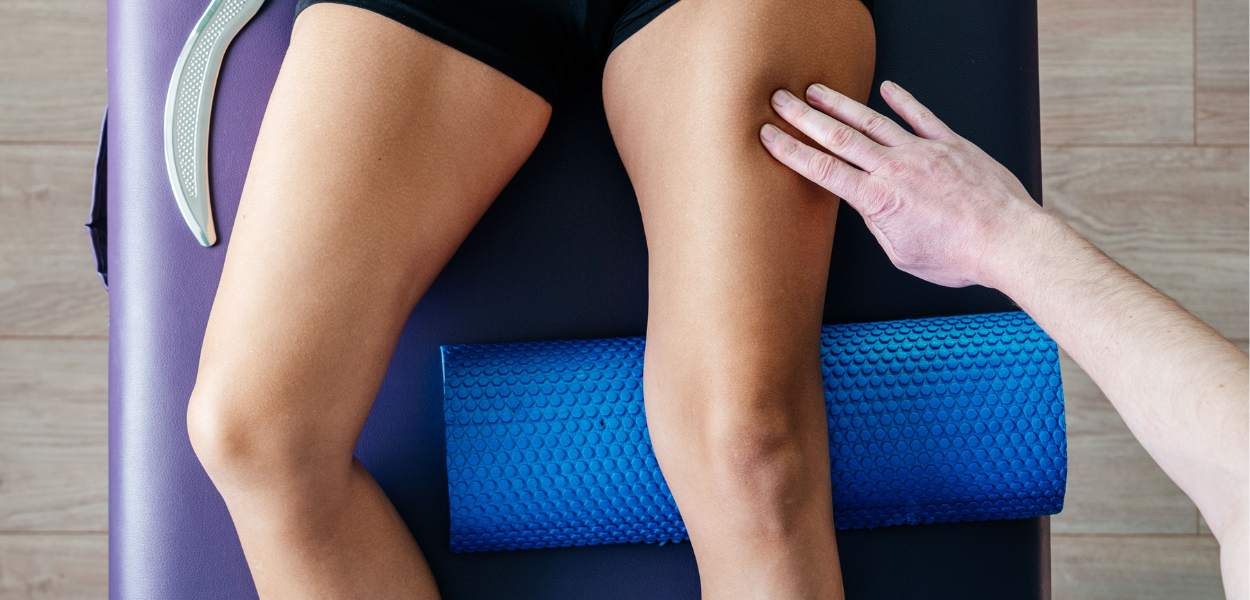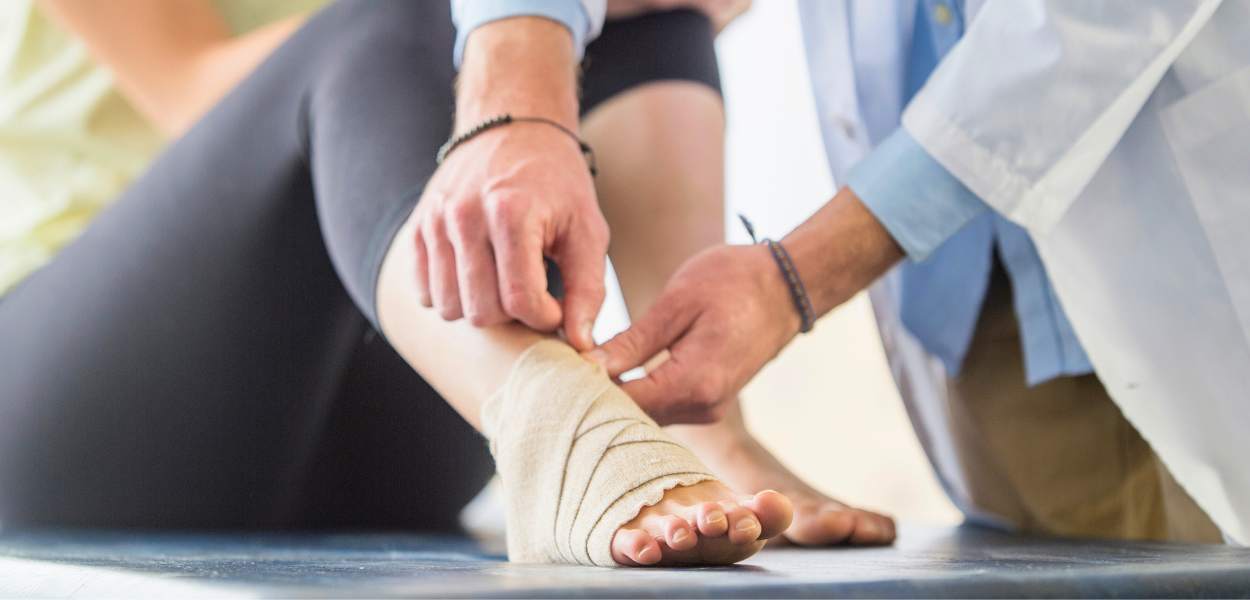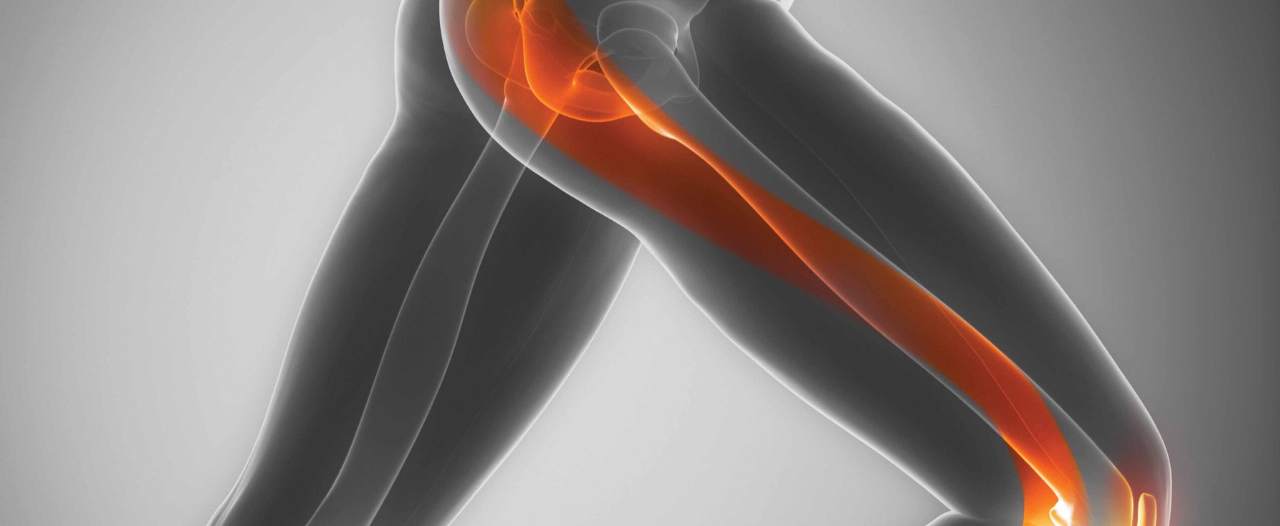Iliotibial Band Syndrome (ITBS)
Iliotibial (IT) Band Syndrome is a common knee overuse injury that affects the iliotibial band, which is a thick band of muscle tissue running down the outside of the thigh, from the hip to the knee.
This condition can cause pain and discomfort during movement, particularly during activities that involve repetitive knee flexion and extension, such as running, cycling, and hiking.
Causes of IT Band Syndrome
IT Band Syndrome is typically caused by repetitive stress on the iliotibial band when there is repetitive friction against the ITB.
This is why IT Band Syndrome commonly occurs in distance runners, cyclists and those who are fairly new to exercise.
Factors that may contribute to this condition include overuse, poor running or cycling form, inadequate warm-up or cool-down, and muscle imbalances in the hip or leg.
How Can Physiotherapy Help with IT Band Syndrome?
Physiotherapy can be an effective treatment option for IT Band Syndrome. A physiotherapist can help identify the underlying cause of the condition and develop a personalised treatment plan to address the symptoms and promote healing. Physiotherapy treatments may include a variety of techniques such as manual therapy, exercise prescription, and education on proper form and biomechanics.
From there, we can help to facilitate a graduated and pain-free return to sports or exercise. The required recovery time will depend on the severity of the condition.
Assessment and Diagnosis
In conjunction with medical history taking, our physiotherapists will perform a series of diagnostic tests to determine the severity of your condition and the factors contributing to it.
These tests may include examinations to assess your range of motion, strength, and flexibility, as well as any areas of tenderness or swelling. All in all, the comprehensive assessment will allow our physiotherapists to determine the best course of treatment.
Physiotherapy Treatment for De Quervain's
Once our physiotherapists have assessed the situation, they will customise a treatment plan to help you managed your IT Band Syndrome, recover faster and return to full mobility.
We use a range of physiotherapy methods to treat medial tibial stress syndrome. Your treatment plan may include:
Manual therapy techniques such as massage and joint mobilization to reduce pain and inflammation
Exercise prescription to improve strength, flexibility, and endurance
Modalities such as ultrasound or electrical stimulation to promote healing
Biomechanical correction & Education: If the individual has biomechanical issues that may be contributing to the injury, we may prescribe corrective exercises address these issues
Book an Appointment Today
If you have been experiencing pain from IT Band Syndrome, please consult your physiotherapist for treatment and advice.
Our experienced physiotherapists can provide personalised care to help you manage your symptoms and improve your underlying condition.
Contact our clinics today to book your appointment or for more information.
Wellington Street Clinic:
Tel: (852) 2530 0073
WhatsApp: (852) 5542 0407
Jardine House Clinic:
Tel: (852) 2715 4577
WhatsApp: (852) 5422 3760
You may also book your appointment online through the link below:
Latest Physio Tips & Articles

Effective Physiotherapy Treatment for Postpartum Wrist Pain – Case Study
Effective Physiotherapy Treatment for Postpartum Wrist Pain – Case Study A 31-year-old woman who recently gave birth sought physiotherapy treatment…

Bell’s Palsy Case Study: A 55-Year-Old Female
Bell’s Palsy Case Study: A 55-Year-Old Female A 55-year-old female sought medical attention for Bell’s palsy, a condition characterized by…

Myofascial Release Therapy
Myofascial Release Therapy If you've been experiencing soreness lately, you may have come across the term “myofascial release.” This technique…

Treating Minor Sports Injuries
Treating Minor Sports Injuries The Peace and Love Principle Say goodbye to RICE! PEACE and LOVE are the new kids…

